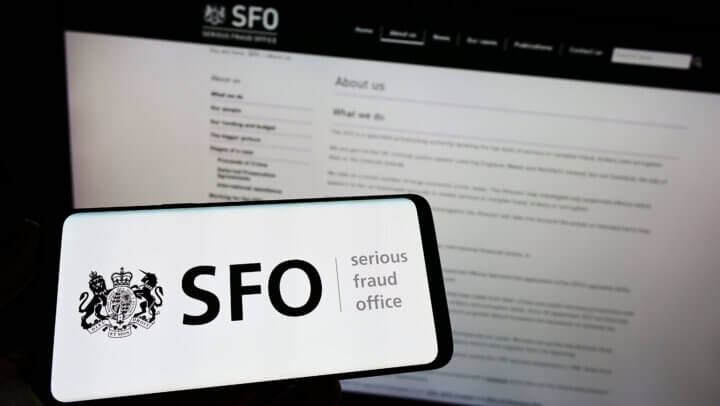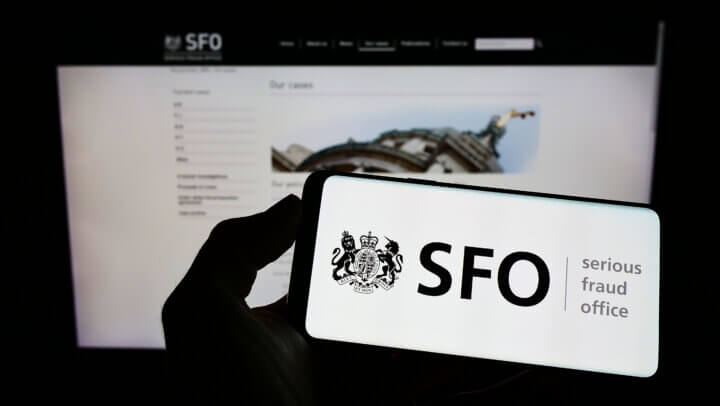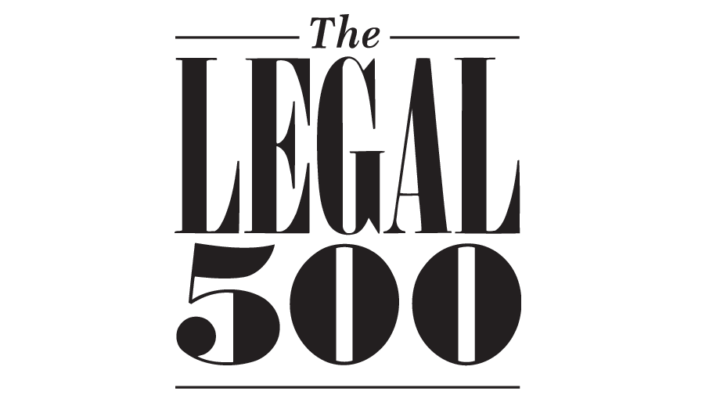BCL partner John Binns’s article ‘Anti-Corruption Sanctions in the UK’ has been published in the 2021 edition of the Fraud & White Collar Crime Expert Guide from Corporate LiveWire.
Here’s an extract from the article:
A new set of tools
Are targeted sanctions a good tool to tackle international corruption? The UK would appear to think so, having introduced a new set of regulations under its post-Brexit sanctions framework. But what are the reasons for tackling corruption in this way, and what issues does it raise for those having to comply?
There are precedents for using sanctions – including asset freezes and travel bans – against corruption suspects in the EU, while the UK was not only an EU member state but a pioneer in its sanctions policy. When the government of Hosni Mubarak lost power in Egypt in 2011, the new Egyptian government wrote to the UK and others requesting judicial cooperation to freeze assets of individuals it said were responsible for misappropriating public assets. The UK’s then foreign minister is on record as saying that as the evidence for such offences would be insufficient for the courts, the use of EU financial sanctions was an appropriate alternative.
Following the UK’s decision to leave the EU in 2016, an independent sanctions framework was introduced in the Sanctions and Anti-Money Laundering Act 2018 (SAMLA). Among other things, it enables ministers to introduce sanctions regimes for purposes that they consider will help to ‘promote respect for democracy, the rule of law and good governance’. The introduction of the Global Anti-Corruption Sanctions Regulations 2021 earlier this year relied mainly on this provision of SAMLA, but also owes an express debt to Sergey Magnitsky, who died in a Russian prison after investigating corruption there, and inspired similar measures overseas such as the US’ Global Magnitsky Act. The rationale is said to be about tackling corruption in circumstances where traditional methods fail, for example where the government in the local jurisdiction fails to act. Other jurisdictions have used sanctions regimes with less defensible motives, such as the Chinese government’s measures against barristers and others who had criticised its treatment of the Uyghurs, and Russian sanctions against UK targets, whose stated aim is to retaliate against ours.
The broad reach of the new powers
What do the new regulations do? Primarily, they impose broad prohibitions on UK-incorporated companies and UK nationals (even operating abroad) from dealing with the assets of, or providing economic resources to, ‘designated persons’ (individuals or corporates). The Foreign Secretary can designate such persons where he considers it appropriate and where he has ‘reasonable grounds’ to suspect that they are an ‘involved person’.
That category includes people who are or have been responsible for, or engaged in, serious corruption, which includes bribery or ‘misappropriation of property’. But it also includes people who are or have been involved in such conduct in a broader sense – including dealing with its proceeds, or failing (intentionally or recklessly) to investigate or prosecute it – or who are associated with, or (for corporates) owned or controlled by people who are in those, already broad, categories.
The Foreign Secretary has to give a ‘statement of reasons’ when imposing a designation, and there are procedures to request a reconsideration, and apply for judicial review of the result of that process. But the regulations clearly entrust a great deal of power to him (and his successors). As an example of how the system works in practice, the first set of designations (said to relate to ‘some of the most notorious cases in recent history’) included a lawyer who is said to have represented a company in the fraudulent tax rebate that Sergey Magnitsky was investigating. Exactly how far such people will be able to challenge such decisions in practice remains to be seen.
This article was published by Corporate LiveWire in their 2021 edition of the Fraud & White Collar Crime Expert Guide. You can read the full article here.




